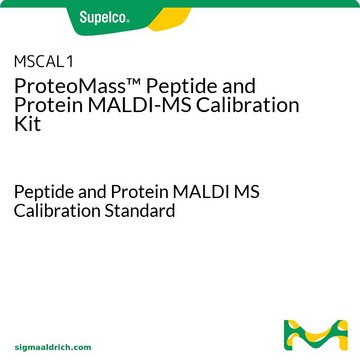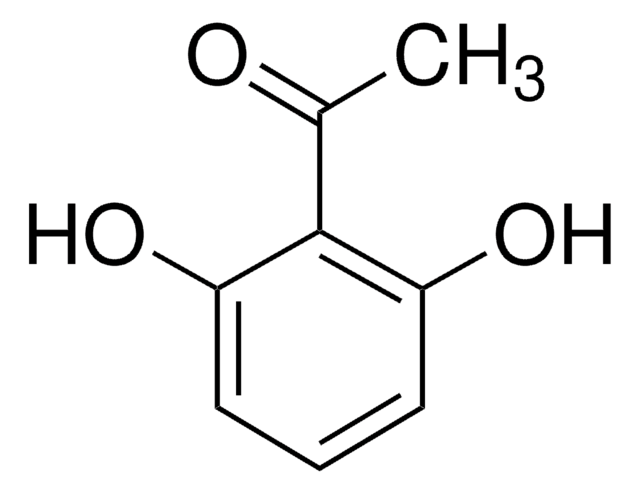94141
4-Chloro-α-cyanocinnamic acid
matrix substance for MALDI-MS, ≥95.0% (HPLC)
Synonym(s):
3-(4-Chlorophenyl)-2-cyano-2-propenoic acid, 3-(4-Chlorophenyl)-2-cyanoacrylic acid, p-Chloro-α-cyanocinnamic acid, p-Chlorobenzylidenecyanoacetic acid, ClCCA, NSC 2479
About This Item
Recommended Products
grade
matrix substance for MALDI-MS
Quality Level
Assay
≥95.0% (HPLC)
form
crystals
analyte functional class(es)
drugs of abuse, ionic liquids
analyte chemical class(es)
chlorinated lipids, lipids, peptides, phospholipids, phosphopeptides
technique(s)
MALDI-MS: suitable
solubility
methanol: 100 mg/10 mL, clear, colorless to light yellow
SMILES string
OC(=O)\C(=C\c1ccc(Cl)cc1)C#N
InChI
1S/C10H6ClNO2/c11-9-3-1-7(2-4-9)5-8(6-12)10(13)14/h1-5H,(H,13,14)/b8-5+
InChI key
MXCRRKYUQNHWLJ-VMPITWQZSA-N
Looking for similar products? Visit Product Comparison Guide
Application
- suitable as MALDI-Matrix material
- suitable for collision-induced dissociation MS/MS (CID-MS/MS)
related product
Signal Word
Danger
Hazard Statements
Precautionary Statements
Hazard Classifications
Acute Tox. 3 Oral - Acute Tox. 4 Dermal - Acute Tox. 4 Inhalation
Storage Class Code
6.1C - Combustible acute toxic Cat.3 / toxic compounds or compounds which causing chronic effects
WGK
WGK 3
Flash Point(F)
Not applicable
Flash Point(C)
Not applicable
Choose from one of the most recent versions:
Certificates of Analysis (COA)
It looks like we've run into a problem, but you can still download Certificates of Analysis from our Documents section.
If you need assistance, please contact Customer Support.
Already Own This Product?
Find documentation for the products that you have recently purchased in the Document Library.
Customers Also Viewed
Our team of scientists has experience in all areas of research including Life Science, Material Science, Chemical Synthesis, Chromatography, Analytical and many others.
Contact Technical Service
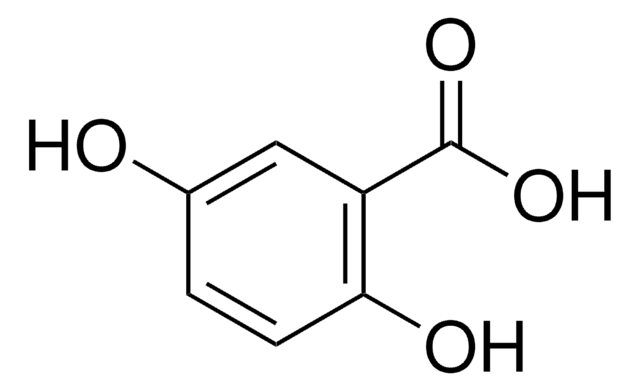
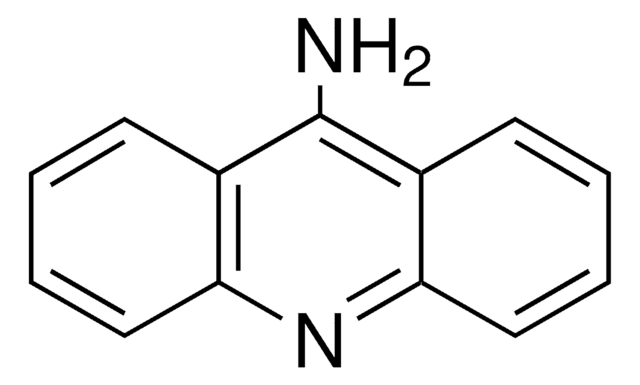
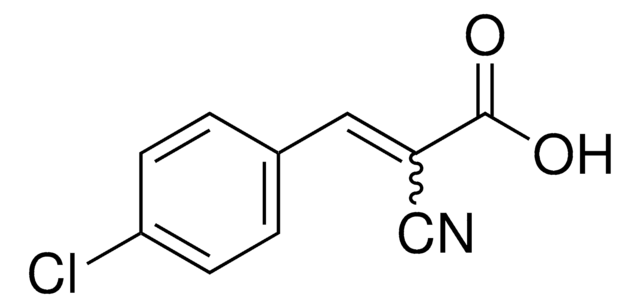
![trans-2-[3-(4-tert-Butylphenyl)-2-methyl-2-propenylidene]malononitrile matrix substance for MALDI-MS, ≥99.0% (HPLC)](/deepweb/assets/sigmaaldrich/product/structures/249/587/f8021369-f65a-413d-887d-3c8a4d2a248f/640/f8021369-f65a-413d-887d-3c8a4d2a248f.png)

